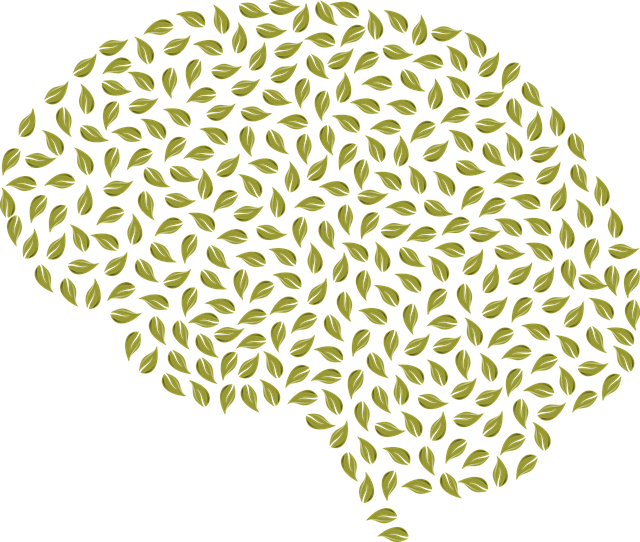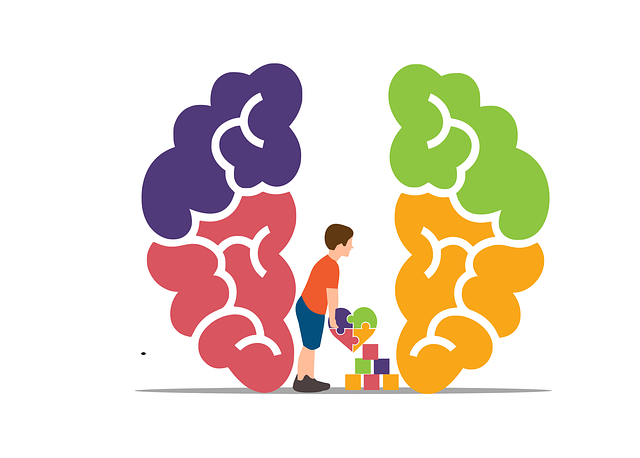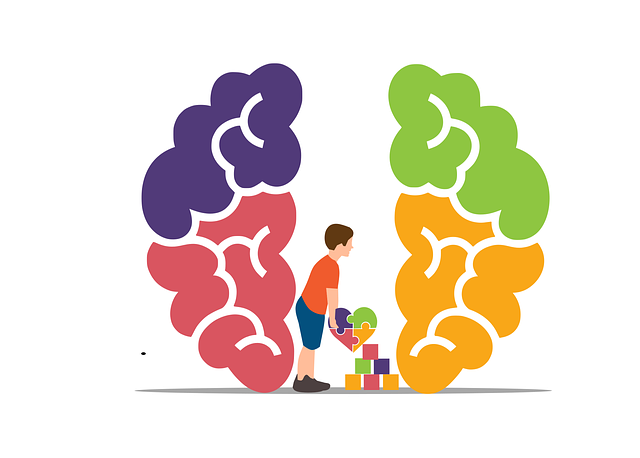Risk assessment is a vital component of therapy for young children, especially regarding gender-affirming care, aiming to mitigate potential harms and create safe, supportive environments. This strategy involves thorough risk examination, personalized harm reduction plans, and proactive burnout prevention. By integrating "mind over matter" principles, emotional intelligence development, and effective communication, therapists can foster resilience and self-awareness in children seeking gender-affirming support. These holistic approaches contribute to overall well-being, empower kids to navigate their identities with confidence, and promote inclusive, non-judgmental care environments.
Risk assessment and harm minimization planning are critical components of therapy for young children, especially in light of emerging practices like gender-affirming care. This comprehensive guide explores the significance of risk assessment in childcare, offering insights into its theoretical foundations and practical applications. We delve into specific strategies, focusing on gender-affirming care as a progressive approach to harm minimization, while also providing actionable steps for implementing effective risk mitigation measures in diverse childcare settings.
- Understanding Risk Assessment and Its Relevance in Young Children's Therapy
- Gender-Affirming Care: A Comprehensive Approach to Harm Minimization
- Implementing Effective Strategies for Mitigating Risks in Childcare Settings
Understanding Risk Assessment and Its Relevance in Young Children's Therapy

Risk assessment is a cornerstone in therapy practices, especially when catering to young children’s unique needs, including those seeking gender-affirming care. It involves a comprehensive evaluation of potential hazards and risks associated with various therapeutic interventions. By identifying these factors, therapists can develop tailored strategies to mitigate harm and ensure the best possible outcomes for their young clients. This proactive approach is crucial in fostering a safe and supportive environment, which is particularly significant in addressing sensitive issues like gender identity development.
In the context of young children’s therapy, understanding risk assessment enables healthcare providers to implement effective burnout prevention strategies, thereby enhancing their ability to offer consistent care. Mind over matter principles can be integrated into these assessments, empowering both therapists and clients to navigate challenging topics with resilience. Moreover, by minimizing risks, mental illness stigma reduction efforts can be indirectly supported, creating a more inclusive and non-judgmental space for young individuals exploring their identities.
Gender-Affirming Care: A Comprehensive Approach to Harm Minimization

Gender-affirming care is a comprehensive approach to harm minimization in therapy for young children, focusing on supporting individuals who identify outside the traditional gender norms. This strategy prioritizes the well-being and autonomy of the child by creating a safe and inclusive environment that respects their self-expression. By integrating emotional intelligence into treatment plans, therapists can foster self-awareness exercises and encourage the development of a positive self-care routine for better mental health.
This approach not only minimizes potential harms associated with gender dysphoria but also promotes resilience and adaptive coping mechanisms. It empowers children to navigate their identities with confidence, ensuring they receive individualized support tailored to their unique needs. Through these practices, young people can explore their emotions freely while building a strong foundation for their overall mental well-being.
Implementing Effective Strategies for Mitigating Risks in Childcare Settings

Implementing effective strategies for mitigating risks in childcare settings involves a multi-faceted approach that prioritizes safety and well-being, especially for young children. One critical aspect is integrating therapy for young children, such as gender-affirming care, which can create nurturing environments where kids feel secure and understood. These therapeutic interventions not only address immediate concerns but also contribute to the holistic development of each child.
Additionally, fostering robust communication strategies among caregivers, parents, and therapists plays a pivotal role in harm minimization planning. Mental wellness coaching programs and the application of mind over matter principles can empower both children and adults to navigate challenges constructively. By combining these initiatives, childcare settings can foster resilience, enhance emotional intelligence, and ensure that every child receives the care they need to thrive.
Risk assessment and harm minimization are essential components of providing safe, effective therapy for young children. By understanding the nuances of risk in various care contexts, such as gender-affirming practices, professionals can implement strategies that protect vulnerable children. This includes adopting comprehensive approaches, like those discussed in this article, to ensure positive outcomes and create nurturing environments for all kids, especially those seeking gender-affirming care. Through diligent risk assessment and thoughtful harm minimization planning, therapists and caregivers can foster a safe space where young individuals can thrive and explore their identities with support.














